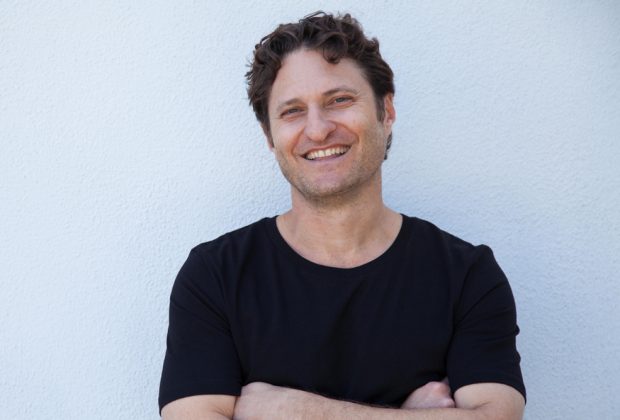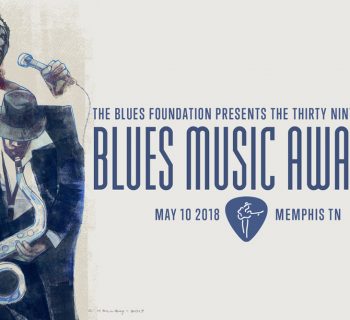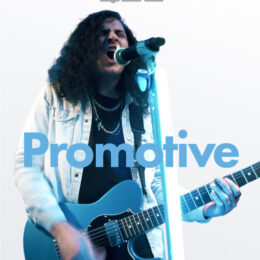BACKGROUND
While attempting to break into film, Paul Rothenberg serendipitously fell into music law. Starting out in New York, he later moved to Los Angeles and eventually founded his own firm. Serving as general counsel, he’s helped launch careers spanning multiple genres.
Film to Law to Music
I went to Dartmouth. I was a math major and minored in film. I applied to law school and got in, but my heart wasn’t in it at that time. Instead, I came to Los Angeles to pursue a career in film. I did a bunch of internships and took night classes studying writing, directing and acting. We ended up forming a production company and developing some projects.
But I was a little undisciplined and it didn’t go far. They were formative years, but professionally I wasn’t accomplishing what I hoped to do. I saw that entertainment lawyers were studio heads and producers and it was a way to learn the business from clients who were successful.
I went to Columbia with the intention of getting back into the movie business. I came out of law school and got sucked into New York through a big firm called Paul Weiss Rifkind [Wharton & Garrison], a big international corporate and litigation firm that had a great entertainment department. I met a couple young artists and started getting into the role of a music lawyer. I really liked that role, so it morphed into actually wanting to be an entertainment lawyer.
Core Clientele
The core of our business is music artists, but we also represent a lot of producers and writers in the business, as well as managers, executives and agents. I’ve also done brands, athletes, film and television talent, models and different things like that. Even pure intellectual property and licensing. Initially, I was trying to do everything, but over time I’ve gotten more focused in our core area.
General Counsel
We can help the most as [artists are] taking off and as they continue to be successful. There’s got to be a certain level they’ve achieved to make the most of what we have to offer.
We do all the core entertainment stuff––record deals, publishing deals, sponsorship deals, merchandising deals, touring, endorsements, management, producers. And then there’s helping them put together their team, whether it’s their manager, agent or business manager and helping them structure those agreements. And then anything else that’s of a business or legal nature that may not be in our core area.
We see ourselves as a general counsel that’s responsible for overseeing [matters], finding the right person to handle it, making sure it’s prioritized and that they’re charged fairly. That could cover any number of matters, whether it’s litigation, criminal stuff, family law, trusts and estates, trademark, real estate… We help our clients with all that stuff. We become sort of a consigliore to our clients.
Getting Clients
Typically, we get artists through referrals. The label that’s signing them or a publisher may call us. Or, if they’re with a manager we work with, the manager may reach out. In some cases, they’ve heard about another client we represent and they respect that client’s career, so they’re interested in having some of the same team members.
Usually, there’s some element that’s happening. The catalyst often is that someone’s offered them a deal or someone wants to manage them. Some kind of contract is placed in front of them that makes them think, for the first time in their lives, they need a lawyer.
Negotiation Stumbling Blocks
A lot of what we do is manage expectations, make sure our clients’ expectations are realistic and make sure whoever’s trying to contract with our client has realistic expectations. If the expectations are off on one side or the other, it can be difficult to make a deal and bridge the gap. Sometimes, that’s an educational process. Sometimes, it’s personality-driven, if you’re dealing with an adversary who is not cooperative or too focused on minutiae. Sometimes, it’s the other side’s client and has nothing to do with their representative. If there’s a far-reaching deal and people have different expectations about the future, it may be hard to bridge that gap.
Timing
The more unknowns there are, the more there might be a divergence in expectations. If I have a hot, young songwriter who’s doing really well and wants to do a publishing deal but the exterior evidence for that isn’t really out there in the marketplace, yet they have that inner feeling of what they deserve and where they’re going to be, sometimes we have to wait. It’s a timing thing. If you need this partner to get you to where you want to be, let’s do this deal now. If you need these numbers that are really aggressive, let’s wait and show them more of what you’re going to do and then we can get that for you. If the buyer’s not willing to price in these aggressive expectations, it can be helpful to wait.
Circle of Trust
We get to work with artists we respect and who oftentimes have influence on people in a positive way. It’s really gratifying when we’ve become a valuable part of their inner circle. We form close relationships and you feel like a trusted advisor. I feel blessed to be able to work with a lot of the artists we represent.
Music law is unique in how integrated we are in our clients’ lives. They’re at our houses all the time. We’re inter-tangled with all these aspects of their careers and lives. In other fields I’ve done, I’ll get a call when there’s a contract. I’ll do the contract, close it and not hear from them again for another year. That’s more of a transactional relationship, whereas with my top music clients I talk to a lot of them daily.
Before You Sign
Be wary of signing anything. I can’t recommend that anyone sign anything without representation. We sometimes take on clients and inherit draconian deals they’ve signed without proper representation. I feel good if we get on board with a client and there’s nothing we have to clean up or get them out of.
Education Equals Empowerment
I like my clients as educated about the business as possible. The more they learn, the happier I am. That’s key for us––we really like our clients to be involved and understand their business. Not everyone wants to do that, but I encourage it and we’ve been blessed that most of our clients are that way. It empowers them and also facilitates us serving them better.
Growing Talent
We’ve homegrown a lot of really talented artists. And to grow with them as they become internationally known and you see the venues change from the local pub to a small theater, to a large theater, to an arena, it’s really gratifying. We’re invested in these artists’ long-term careers and to watch that happen, to have been there from the beginning in many cases, it’s exciting.
The Right People
When it comes to contracts, the thing that’s more important than anything on the page is who you’re doing it with. It doesn’t matter what we negotiate. If we get into a contract with the wrong party, I can take steps to limit the damage but at the least you’ll have wasted time. That’s number one for us––why are we signing a contract with this person? How did they hear about us? How did we hear about them? What do we know about them? What else have they done? That’s a key, threshold step and important for anyone to think about.
Years with Company: 9
Address: NYC, L.A., Miami
Email: contact@rothenberg-law.com
Clients: Charlie Puth, Logic, Trey Songz, A$AP Ferg, D’Angelo, Andra Day, Skylar Grey, Sublime














